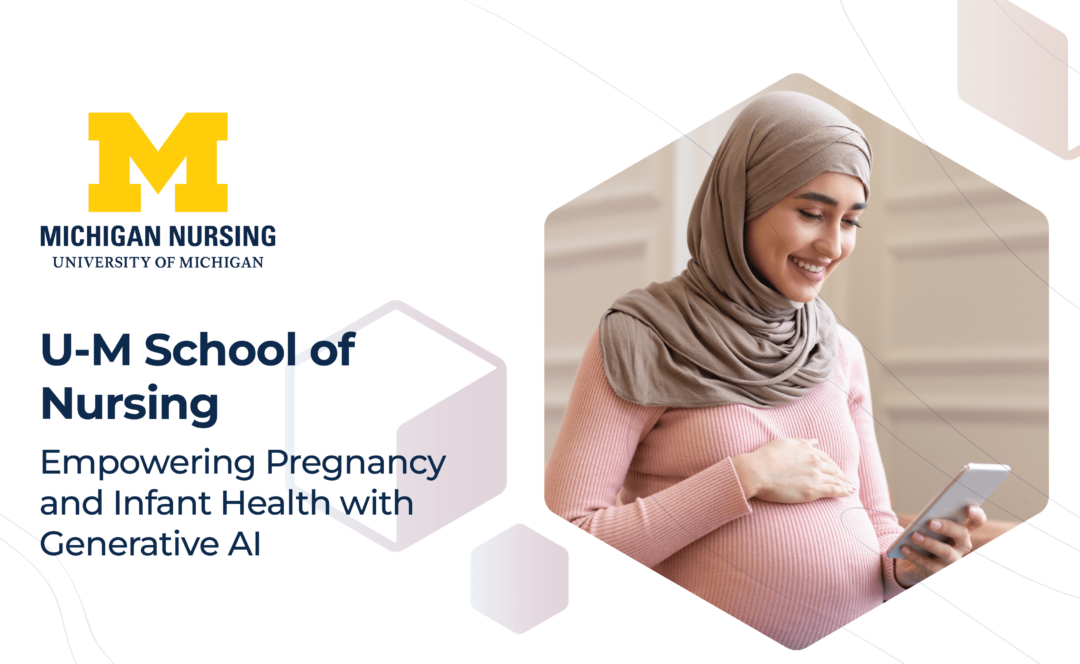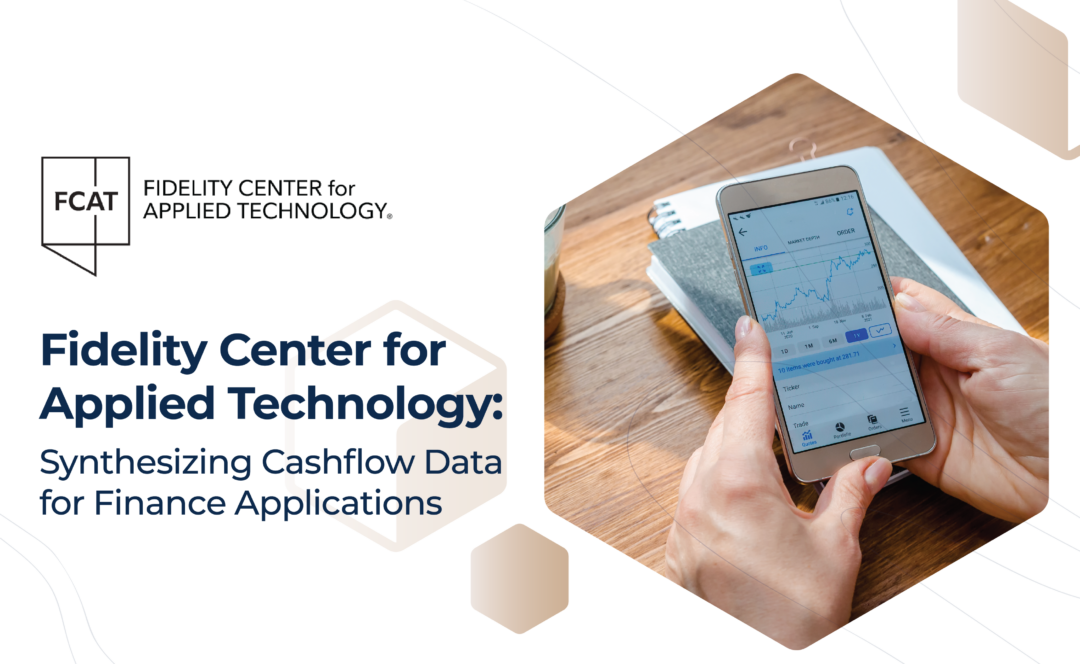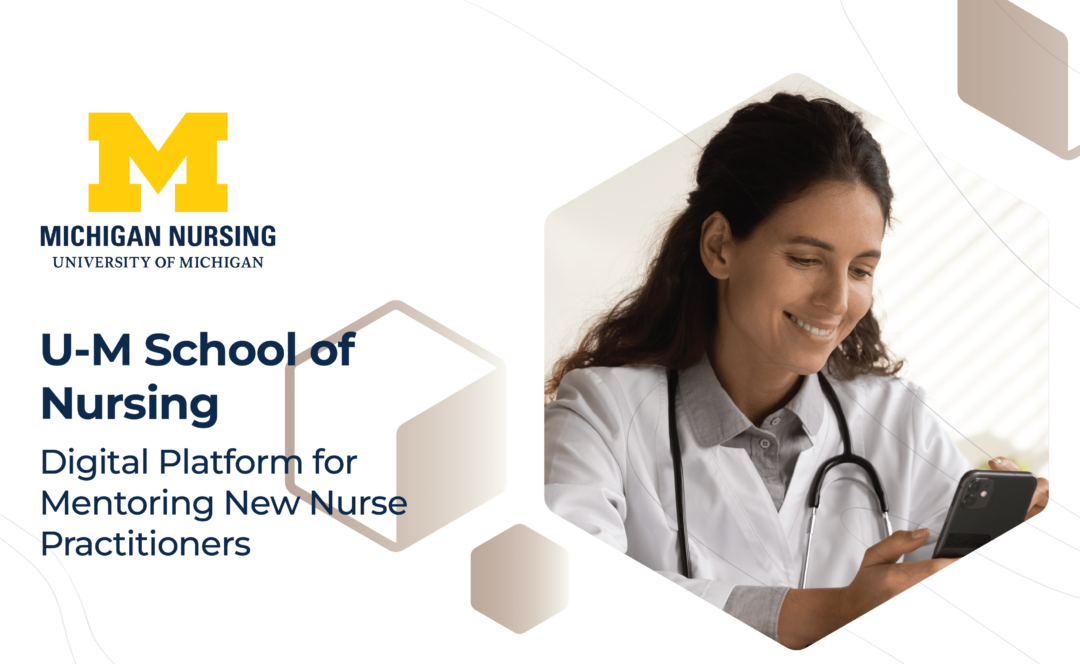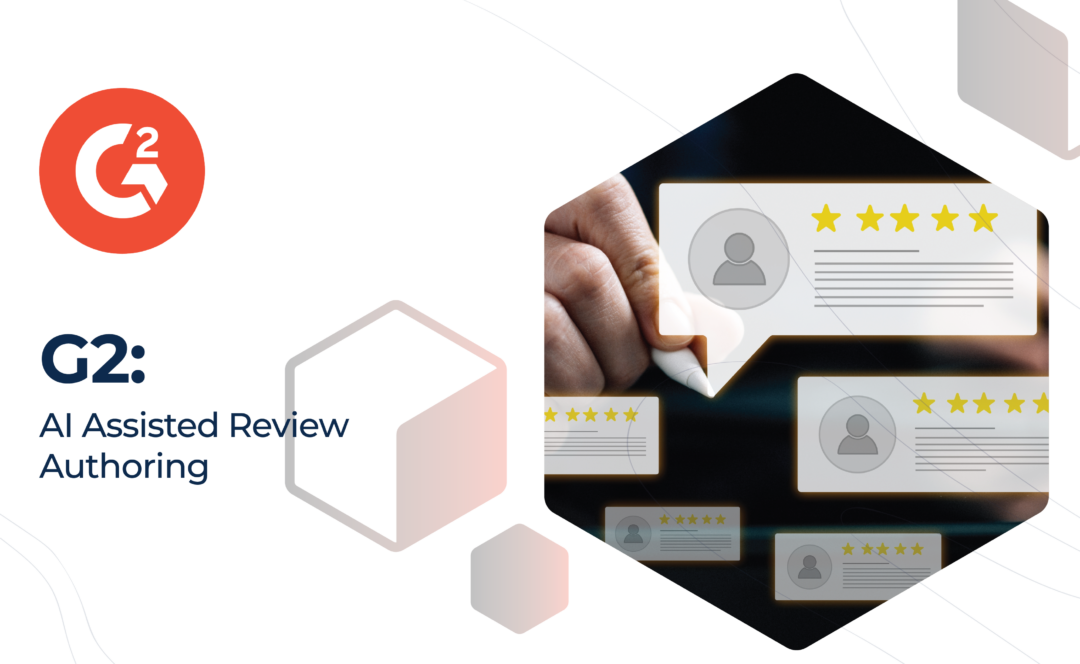– Clear
Walbridge construction company makes jobsite safety a top priority on all of their projects, including their two active jobs on U-M’s North Campus. Students on the Walbridge team will use 360° images from jobsites to develop a computer vision model that detects safety non-compliance on worksites.
Human body models can be used to better understand and design to prevent injuries to a diverse population of shapes and sizes, but the work required to accurately develop these is time consuming and often manual. Students on this team will use AI and ML techniques to investigate and fine tune existing open-source CT scan segmentation software for the eventual purpose of generating accurate 3D surface models of the human body.
Research at the University is largely supported by grants from large funding organizations, but many grant applications are rejected because any number of strict application requirements are not met. Students on the U-M CAEN Grant team will create an AI supported tool to review grant submissions against the submission requirements.
The University reviews hundreds of thousands of resumes each year in an imperfect, time consuming manual process. Students on the U-M ITS AI Resume team will create a tool that leverages AI to compare resumes to job postings to identify top candidates.
Obtaining pregnancy and infant health information can be overwhelming and complex. Students on the U-M School of Nursing’s VIP PartnersTM project will leverage U-M Generative AI tools to create a one-stop, trusted, intuitive healthcare resource that provides users individualized responses to their questions.
Here Technologies aims to provide a complete, accurate and easy to use digital representation of the physical world. Students on this team will leverage large language models (LLM) and Geographic Information System (GIS) technologies to group related points of interest together for improved navigation.
Students on the FCAT team will design and develop a prototype personal financial management (PFM) application. It will include the generation of synthetic spending datasets, a range of simulation functionality, basic UI, and analysis. The app will be tailored to the financial behaviors of Gen Z users.
Nurse practitioners work in challenging environments which can lead to increased turnover, but outcomes can be improved with support and mentorship. The NP Companion platform will match newly qualified NPs (Nurse Practitioners) with more experienced NPs to provide support and mentoring and offer content relevant to what new NPs can expect after graduating with their NP degree and in their first 1-2 years of practice.
Estimates suggest that billing errors may cost patients and the healthcare system anywhere from $10 - $20 billion annually. Students on the IHA team will integrate AI techniques to develop a tool that assists auditors in identifying improperly billed patient services, assigning proper billing codes, and predicting such errors to prevent recurrence.
G2 is a software marketplace that started by asking the question “why is it easier to find authentic information about a $100 hotel room than a $100,000 piece of software?”. Students on this team will design a tool that will leverage the power of AI to make reviewing software easier with the goal of increasing the number of completed reviews by as much as 10%.
Students on the JPMorgan Chase (JPMC) team will implement an AI chatbot assistant for payment client onboarding based on the Rasa platform to improve the onboarding efficiency, accuracy, and client experience within the business process of setting up client payment channels. All student team members will become JPMC 2025 Summer Interns, based in Chicago, IL.











